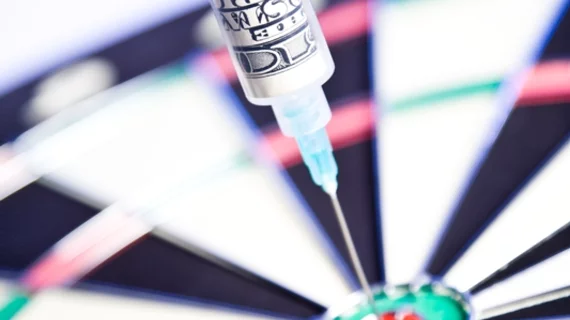Northwell Health is fundraising $1B
Northwell Health, a New York-based healthcare provider, has launched a seven-year effort to raise $1 billion that will support innovative initiatives.
The fundraising campaign will advance research and funding for endowment for teaching and research initiatives and support capital projects, and improve hospitals and clinical programs. The campaign, “Outpacing the Impossible,” includes nearly $500 million given by donors since Jan. 1, 2016.
"Philanthropy is critical to Northwell Health," Brian Lally, Northwell's senior vice president and chief development officer, said in a statement. "Our entire health system is focused on the communities we serve. Philanthropy is our investment back into our communities and helps us to take better care of more people."
The healthcare organization noted that the time is right for a large philanthropic effort, as increasing healthcare costs as well as declining and delayed government and insurance reimbursement “creates the perfect storm” for numerous challenges in the area of innovation.
Northwell received more than $177.3 million in philanthropic support in 2017.
"We believe in the power and potential impact of taking on challenges and going where others won't," Northwell Health President and CEO Michael Dowling said in a statement. "Our ambition is to innovate, and it's part of everything we do. We don't settle for the norm in health care, and through the generosity and support of our communities, and each other, we will push our standards even further, for the best care to better the lives of every person we touch."

